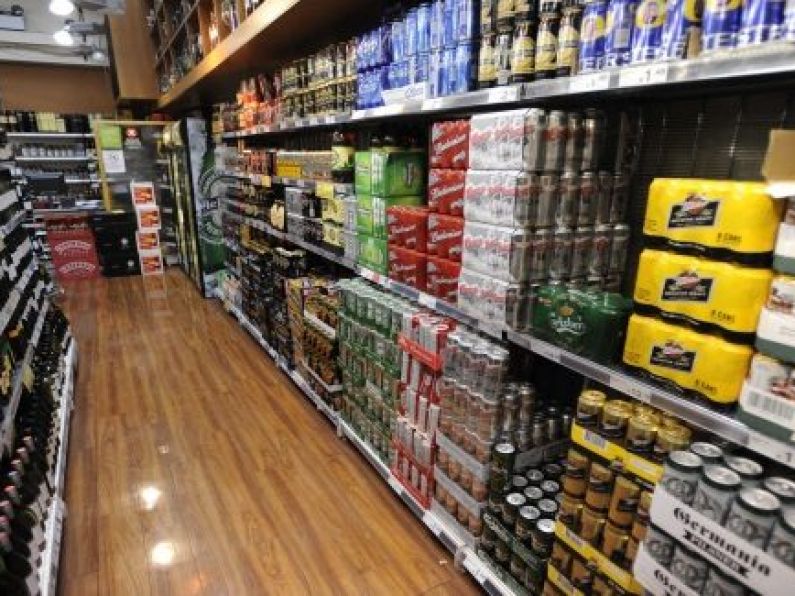The price of alcohol could rise "significantly" for Irish and British customers if the EU-UK Brexit backstop deal fails to make it through a Westminster vote and a no deal crisis occurs.
On Tuesday the Alcohol Beverage Federation of Ireland will warn "immediate" tariffs on beer, cider, glass bottles and other items will be introduced at the end of March if the deal collapses, in addition to customs check delay "additional costs" and extra VAT expenses.
In an opening statement to the Oireachtas agriculture committee this afternoon, the ABFI will say that according to the Central Statistics Office the alcohol trade between Britain and Ireland was worth €364m last year.
However, if a no-deal situation occurs, it will warn all of these exports will be unable to avoid strict tariffs on products being sent from both countries - a situation the group said will "damage" the sector and hit customs in the pocket.
"The ABFI would urge all parties to seek to ensure that a withdrawal agreement is concluded and that a no-deal Brexit is avoided. A no-deal Brexit would be seriously damaging to the Irish and UK economy, including the all-island drinks industry. The potential consequences of a no deal Brexit include immediate tariffs on barley, malt, glass bottles, apples, finished cider and other supply chain inputs; regulatory and customs checks at the Irish border leading to significant delays and additional costs, and requirement for up-front VAT payments on cross-border trade," the group will say.
The ABFI is also expected to note that any introduction of a hard border or customs checks will force trucks carrying alcohol-related goods to face up to 23,000 hours in delays crossing the border from next March.
In such a situation, it will say the likely extra travelling cost per truck could be €100 - a new expense which may be pushed onto customers.
At the same agriculture committee this afternoon, the Food Drink Ireland organisation will issue a similar warning, saying food and alcohol prices will "rise significantly" unless a Brexit deal is secured.
Highlighting many of the same concerns, the second group will say a number of Irish industries have genuine "exposure" to any Brexit fallout, with 51% of beef, 24% of dairy and 62% of "prepared consumer food" Irish exports currently being sent to Britain.
"In the event of a no-deal scenario, World Trade Organisation tariffs could increase EU food and drink export prices to the UK significantly.
"Higher trade prices will, therefore, cause export volumes from the EU to the UK to drop significantly," it will warn.






